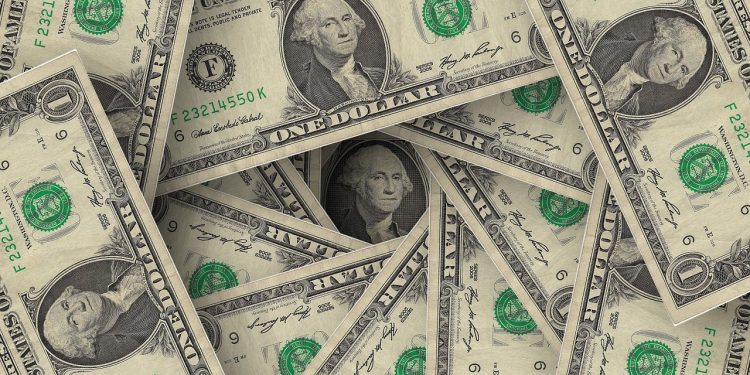The economic crisis of 2008 taught us that in the event of a failure from one of the states which share a common currency, it impacts the assets of individual and users. These countries are relying upon each other. In situations of widespread financial panic, investors then turn to safe haven and assets deemed risk-free, such as some of the currencies below:
The yen and the dollar: World Champions
From 1999 to 2013, the two currencies that stood out for their resilience were the yen and the dollar.
The main driver of their safe haven status is the trust that financial players place in them. Indeed, a country’s growth only has an impact on its currency during periods of relative stability.
The exchange rate of a currency is much more revealing; the yen has tended to appreciate against the dollar, which has boosted its performance in times of crisis. It’s due to the propensity of Japanese and American domestic investors to repatriate their foreign assets first and foremost in order to favor their domestic market.
This trend is growing, especially as Japanese investors attract foreign investors in search of safer and high-quality investments. It’s creating a virtuous circle that is self-sustaining.
For the dollar, we can add to these factors its predominant place in international monetary and stock market exchanges. In addition, other factors, such as investor interest in U.S. government bonds, bolstered the dollar in the post-crisis period.
The United States has proven its ability to manage a significant public debt. Many analysts have predicted the dollar’s collapse and so far they have been wrong, which has comforted both domestic and foreign investors.
The Norwegian krone and the Swiss franc: contrasting safe haven values
There are other safe haven currencies. The most famous in Europe is the Swiss franc which has played this role many times in history. This status is due to Switzerland’s assumed neutrality in terms of international diplomatic relations, its tax status that benefits investors as well as its decisions against the trend of euro policies.
However, it is increasingly challenged by the yen and the euro in periods of minor economic turmoil as investors are also looking to diversify their portfolios. The strikes in Syria in 2018 had little impact on the demand for the Swiss franc, whereas this type of event usually has the effect of benefiting it.
The Norwegian krone is valuable in times of crisis. Norway is not in the European Union, therefore its economy is less affected by the turmoil in the member countries. The Norwegian State never overvalued its currency to avoid speculation, which strengthened its status as a solid safe haven.
Furthermore, the country has a large oil reserve that it manages intelligently and that supports its economy. The income from its exploitation is equitably distributed, thus avoiding social conflicts. Norway is also investing in other sectors to prepare for the post-oil era. It has a positive influence on investors’ confidence in the Norwegian krone.
Come and check our website Millenium State!

